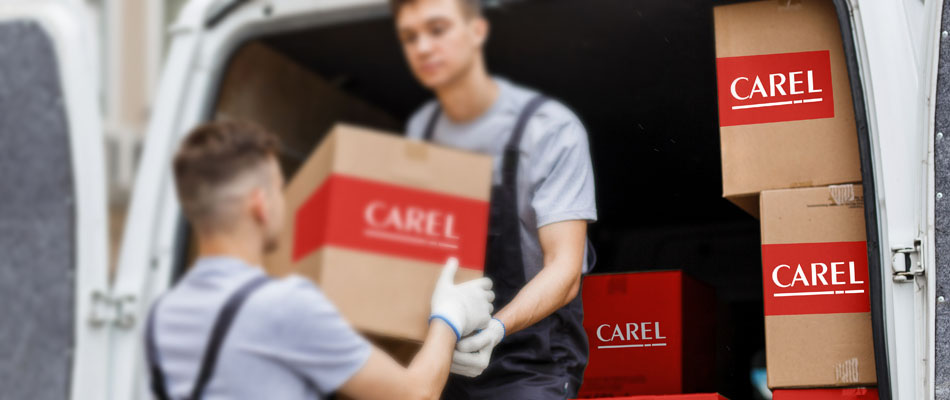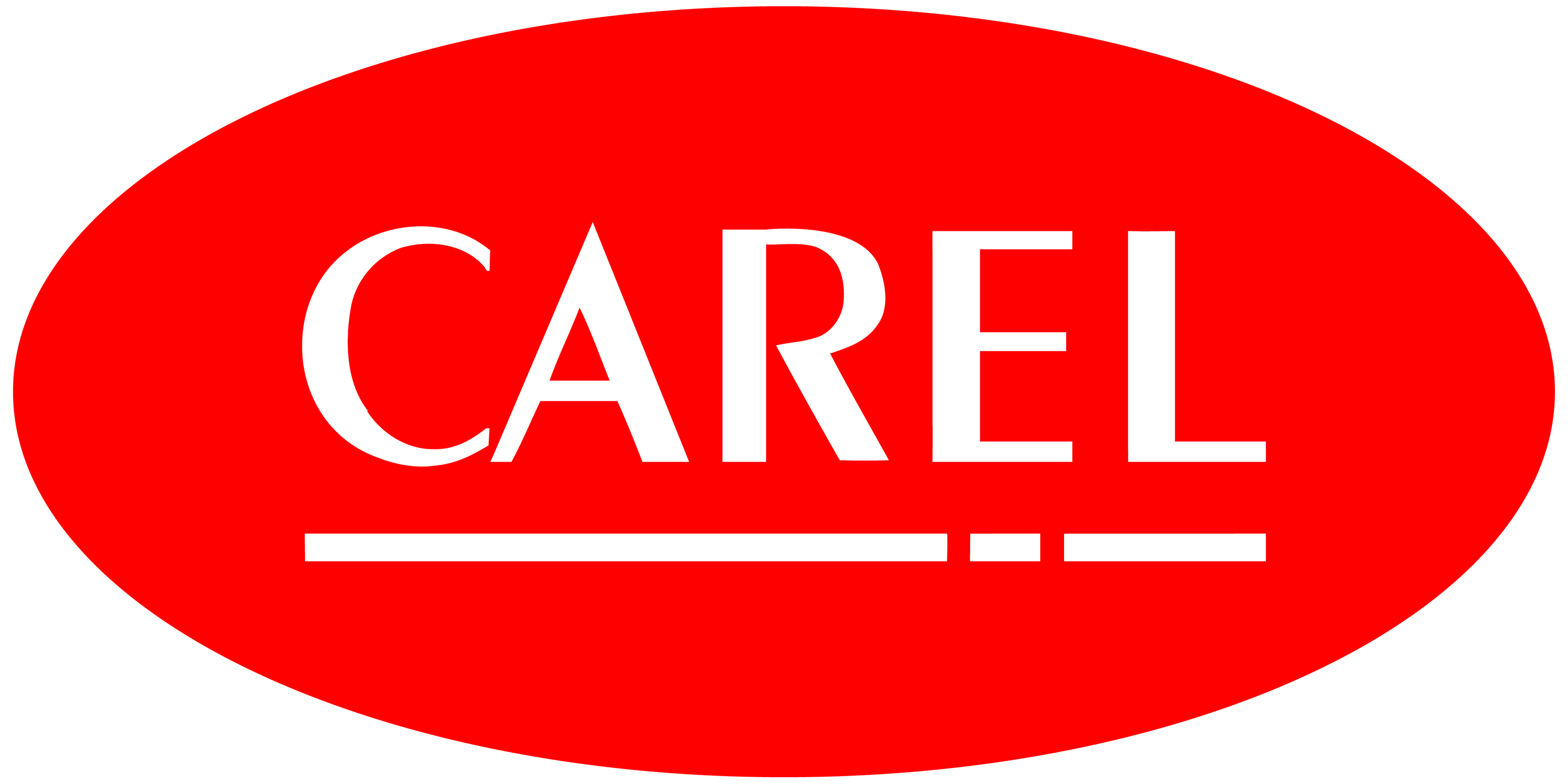Red packaging for a Green future

Efficiency is an intrinsic part of the CAREL solutions: both the means to the end and the end itself. Efficiency is intended as energy savings and added value for the customer’s business, in terms of precision and caring for resources. As part of this approach, CAREL has developed a project with its packaging suppliers to develop certified green packaging.
The new green packaging is just one of the measures designed to make the group’s solutions 100% efficient thanks to the sequencing of the content into the container. Much of the plastic packaging has been replaced by FSC and PEFC certified cardboard and wooden boxes. Furthermore, CAREL also expects to include FSC certifications in the standards for designing new packaging.
 CAREL and its suppliers have devised a solution for safe and resilient packaging which respects the environment. They have made new coloured packs using a water-based colour, free of acrylic paints and which use starch glues instead of vinyl glues.
CAREL and its suppliers have devised a solution for safe and resilient packaging which respects the environment. They have made new coloured packs using a water-based colour, free of acrylic paints and which use starch glues instead of vinyl glues.
Specifically, the red and white colours of the new CAREL packaging are guaranteed by the GREENGUARD Certification Program which certifies that the products inside the packaging comply with the established chemical emission thresholds. Through its environmental policy and thanks to its implementation of an environmental management system, CAREL promotes the correct management of waste.
CAREL has continued to reduce its total waste output generated by manufacturing and especially the mixed packaging waste. In 2022, CAREL focused, in particular, on waste from plastic packaging. To this end, it began a review of the collection and delivery of certain plastics with a view to recycling them instead of treating them as mixed-material packaging waste.
An accurate analysis of waste covered both production and the new office areas at the parent, with a twofold aim: on the one hand, to minimise non-recyclable waste through centralised collection points with separate bins, and on the other, to increase people’s awareness. The latter point was also extended to the new canteen, where users, in a specific environmentally-friendly area, separates waste by placing it in separate waste bins.
Furthermore, in 2022, a catalogue of sustainable packaging common to CAREL was developed. This will include disseminating a data collection procedure which analyses the consumption and type of materials used and subsequently suggests and directs towards solutions that increase the use of sustainable raw materials, while committing to reducing the amount of packaging on the market.
In addition, in order to analyse the impact of Carel product packaging and identify the areas for improvement to guarantee certified low-impact products, the impact of the emissions generated by all packaging purchased in 2022 and subsequently used to pack the finished goods was assessed.
According to the analysis, 63% of the total packaging purchased is made up of cardboard (in terms of weight), which, in addition to its certified origin, is 74% comprised of recycled material. The paper and wood used are also totally of certified origin.
